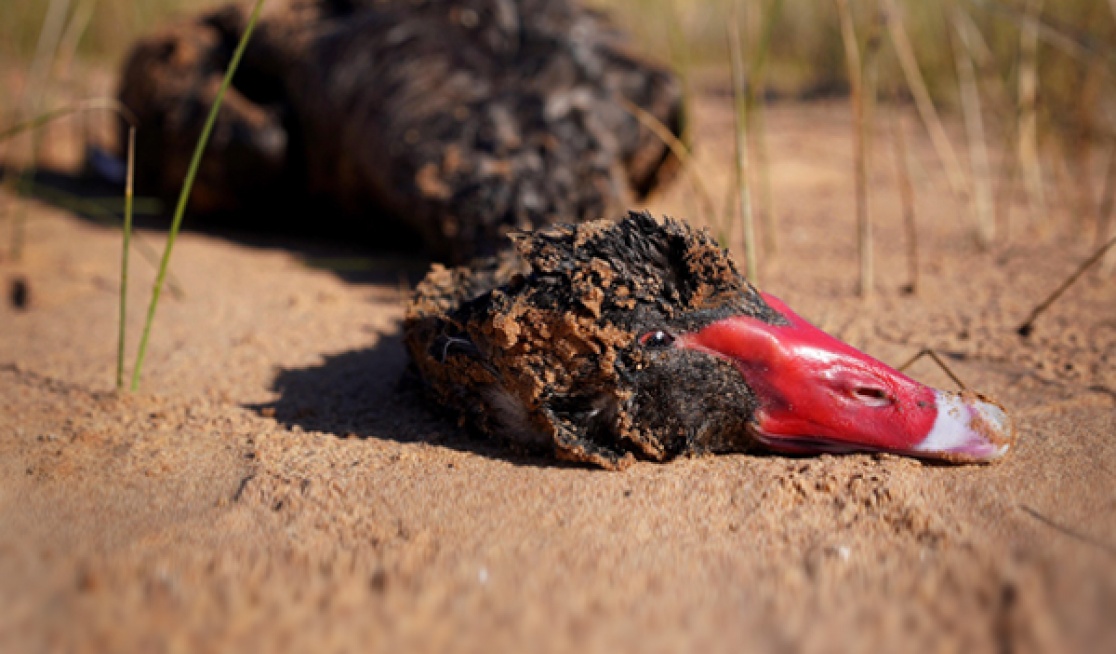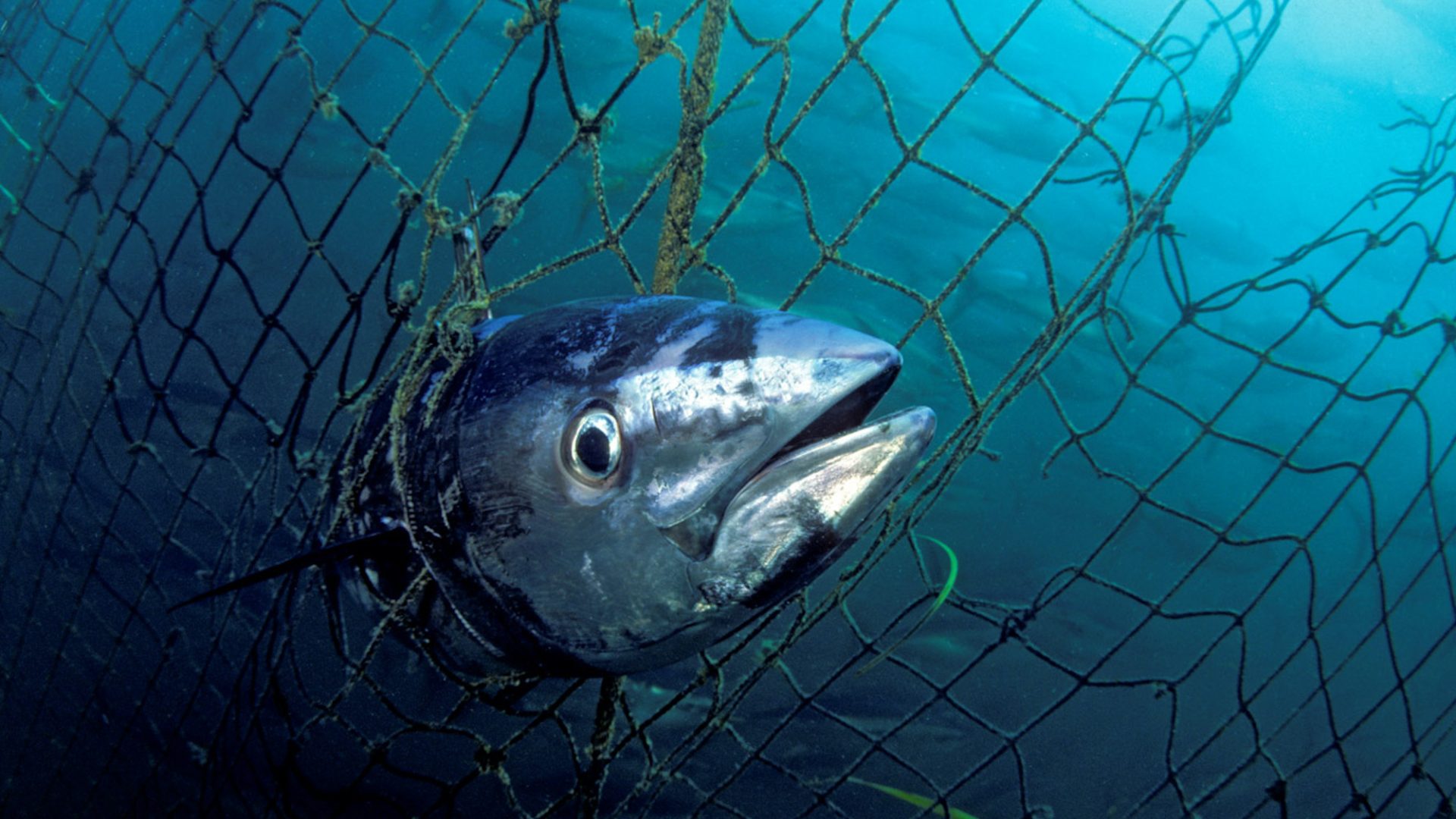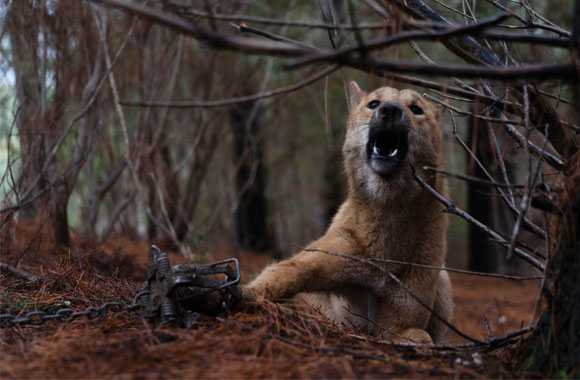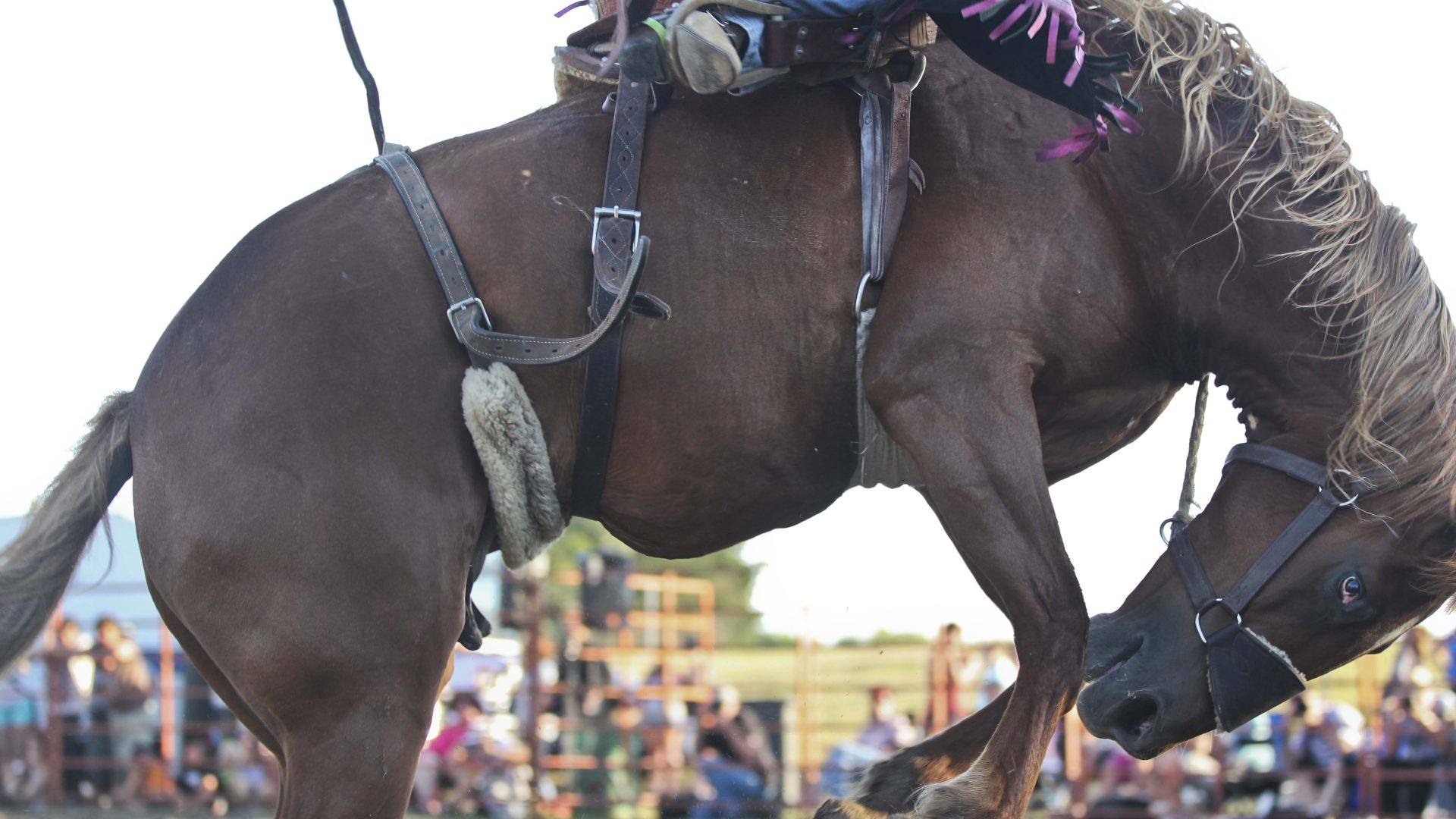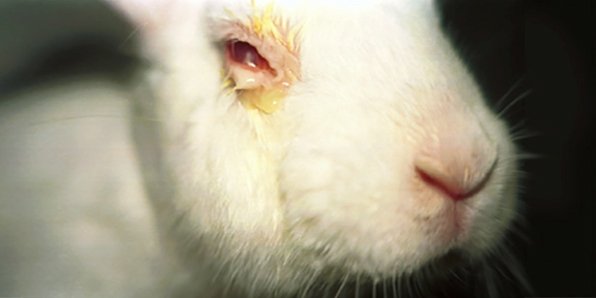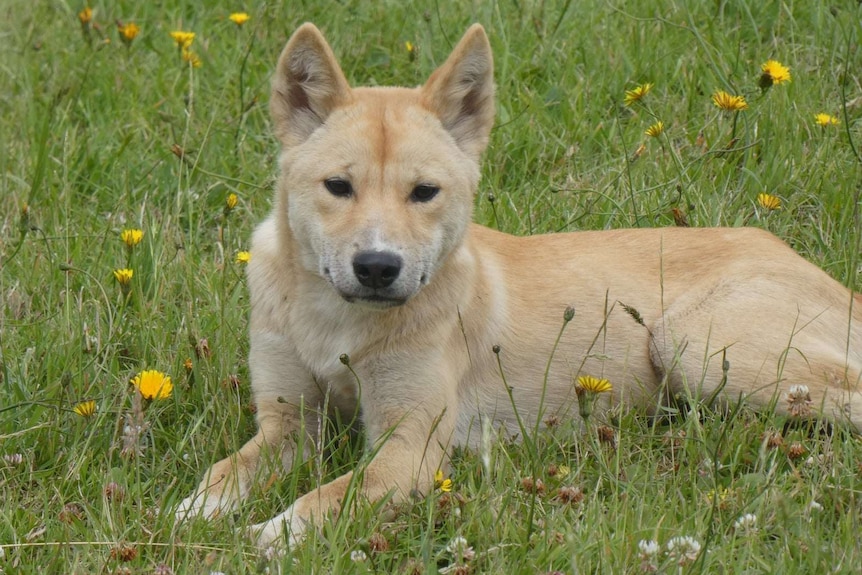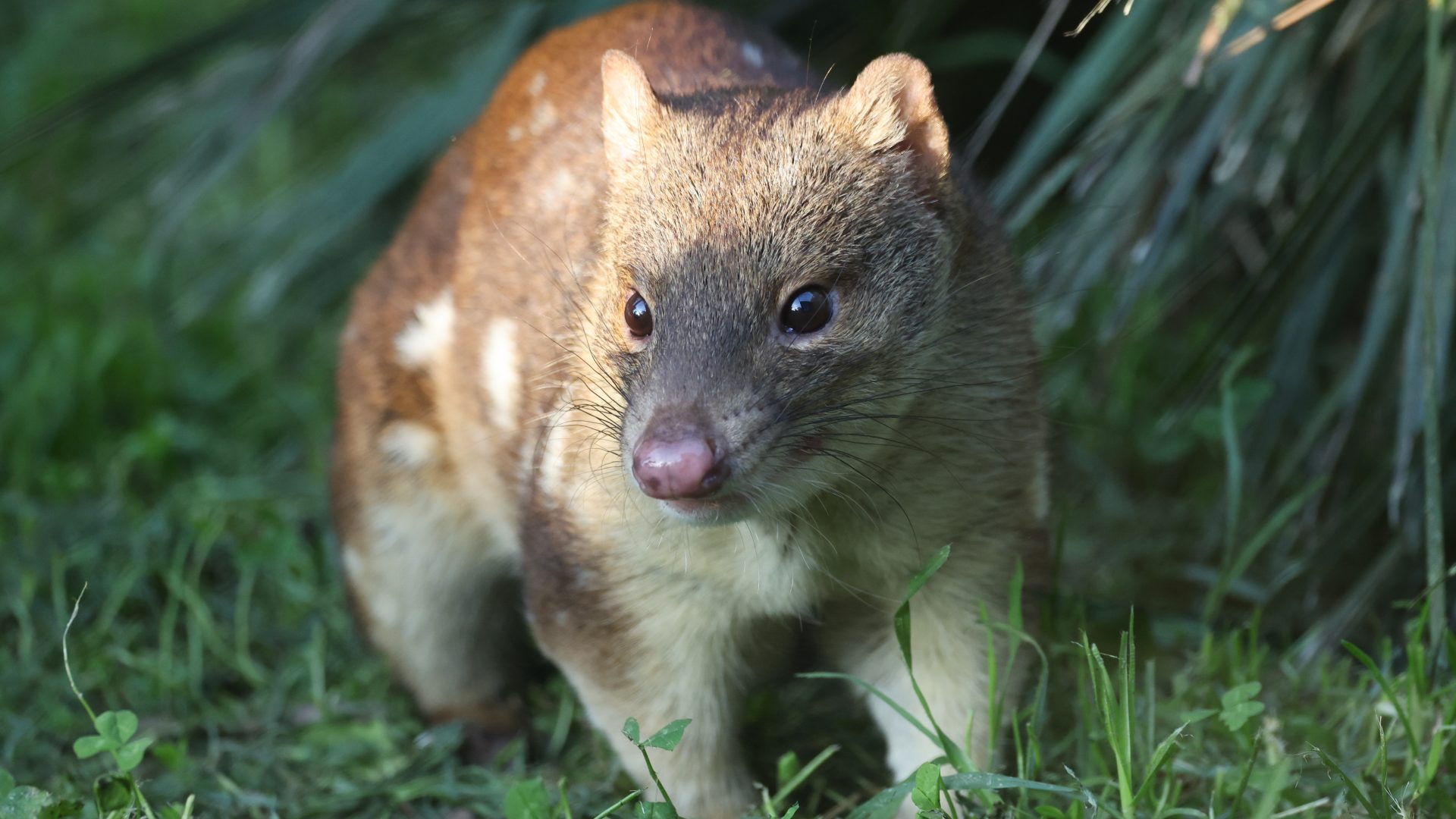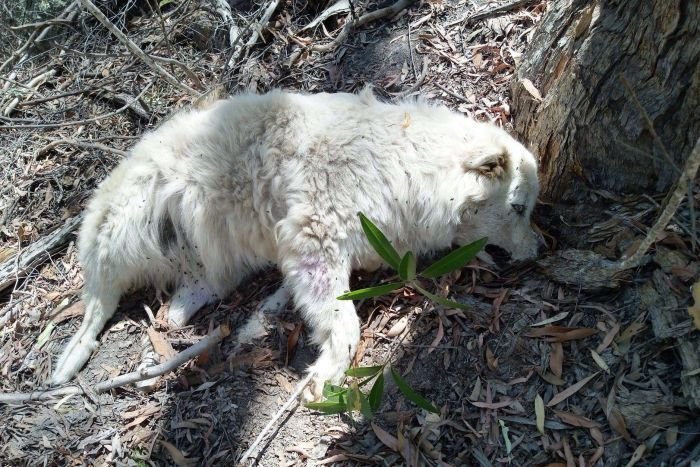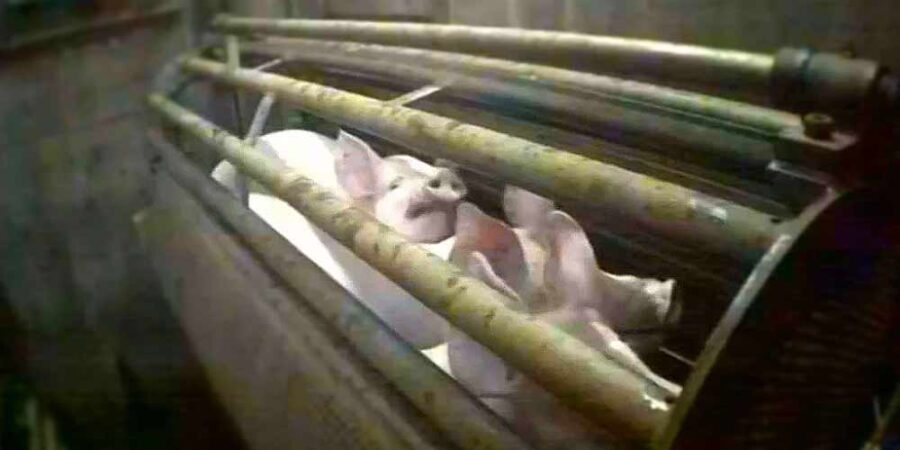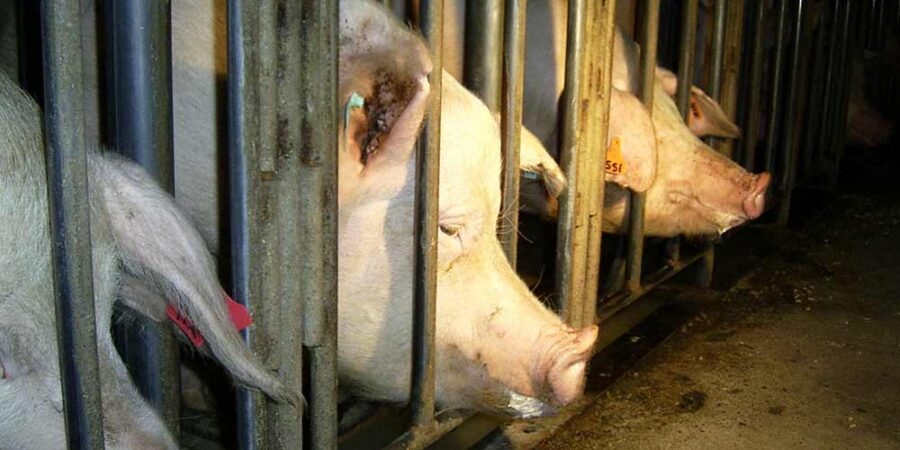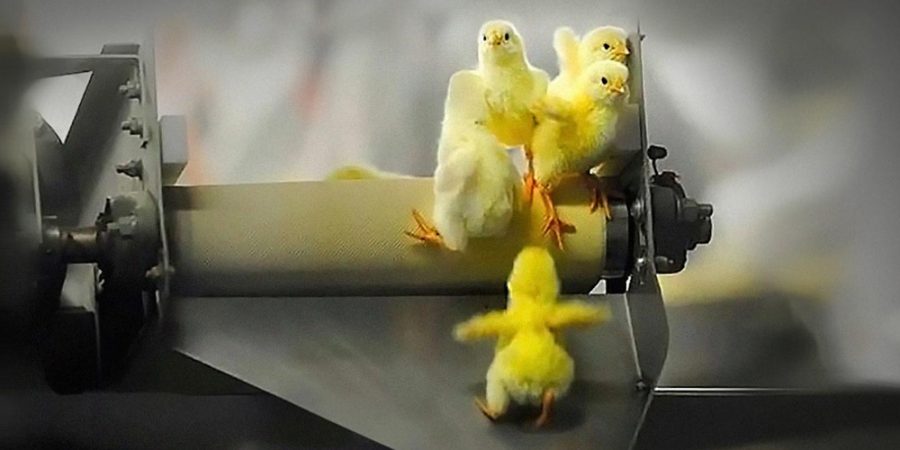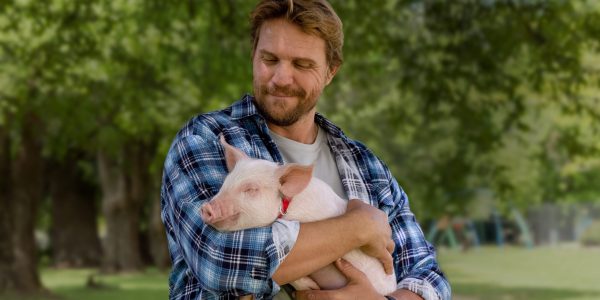UPDATE: The survey and submission opportunity for Victoria’s animal care and protection laws has now closed. Thank you to those who took the time to speak out on behalf of animals across the State. The information below still reveals the current state of how animals are treated in Victoria. Read on to find out more about the issues. You can still help these animals. Write directly to your local State MP about your concerns, anytime.
Victoria’s upcoming draft Animal Care and Protection laws present a pivotal opportunity for animals across the State. While the Bill does bring some advancements, it also harbors hundreds of unjustifiable practices that perpetuate cruelty and suffering upon millions of sentient animals.
We now have a chance to help shape these laws, to make sure they provide protections for all animals.
The Victorian Government is keen to hear from you before this legislation is passed in parliament. Please let them know you want all animals to be provided with care, and protection from cruel practices, regardless of how they are being used by animal industries.
To make this process easier, we have created a list of the Top 10 issues within the proposed Act that need to end. By addressing these issues in your submission, you can help ‘call-out’ the parts that result in significant harm to animals.
How to make your Submission
Update: The Victorian Government has extended the submission date. Submissions will now close Monday 25 March, 2024.
- The submission process has two parts. One for feedback on the proposed Animal Care and Protection Act, and the second for comment on the Codes of Practice and Regulations via a survey.
- Commenting on the regulations is very important. Under the new draft legislation, Codes of Practice for the treatment of animals will become mandatory. This is a very good thing because the vast majority of Codes of Practice are not mandatory. But regulations are. Providing feedback on these codes and regulations allows you to highlight some of the cruelest practices you want stopped so they are not allowed into regulations associated with the new Act. To make the strongest impact for animals, we recommend you provide comments on both the proposed new laws, and the Codes/Regulations.
Use the Submission Template
- For a faster submission process, and to have your say on both parts in one document, download our Submission Template. The template features the Top 10 issues listed below which you can change into your own words if you wish.
- Don’t be limited by the template – If you want to see more changes to the draft Act and regulations, please include these as well. Remember to save your submission in your own name before uploading to the submission website.
- Once you’ve completed your submission, head to the Engage Victoria website. You’ll be asked to login or create an account to make a submission. This is normal, and only takes a few moments. Once registered, select ‘Participate’ then ‘Make a Submission’. Scroll down to the question at the bottom that asks ‘How would you like to make your submission‘ and select ‘ I will upload a document‘.
- If you have any questions about making or uploading your submission, contact our friendly Animals Australia Team on 1800 888 584.
Fill out the Draft Bill Form and/or Regulations Survey online
- Alternatively, you can head to the Engage Victoria website, and complete the draft Bill Form and/or the Regulations survey. You can use our Top 10 list below to help guide you on which regulations and practices are in need of significant improvement.



